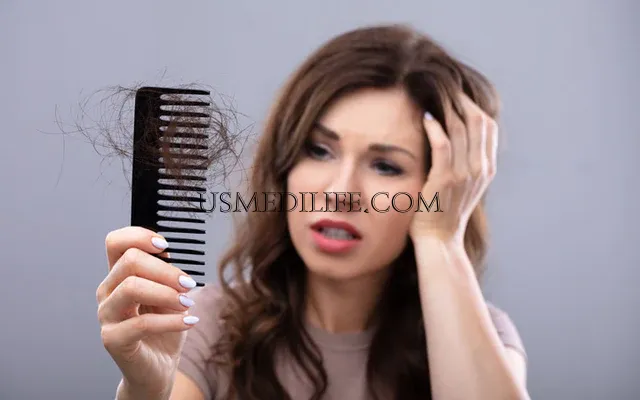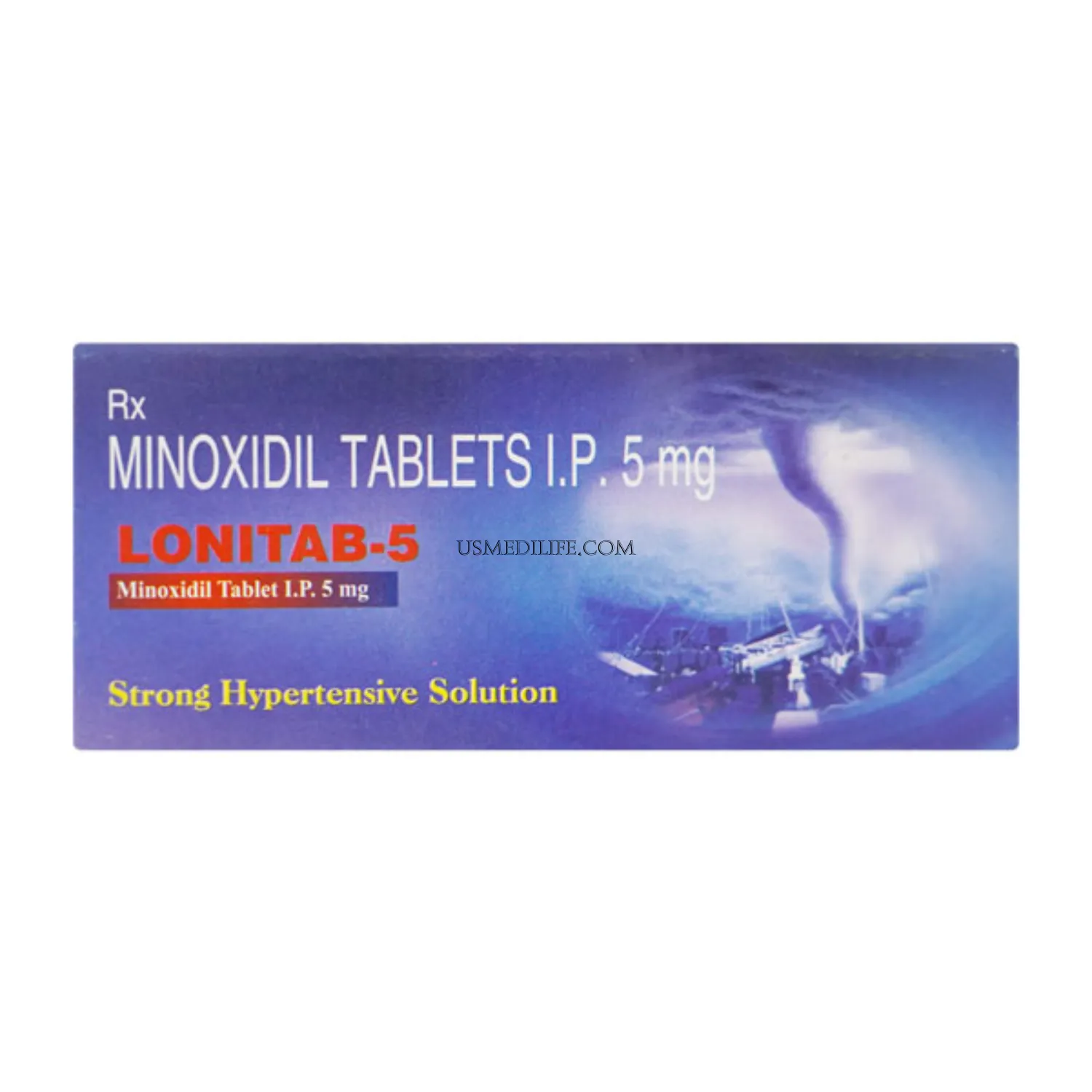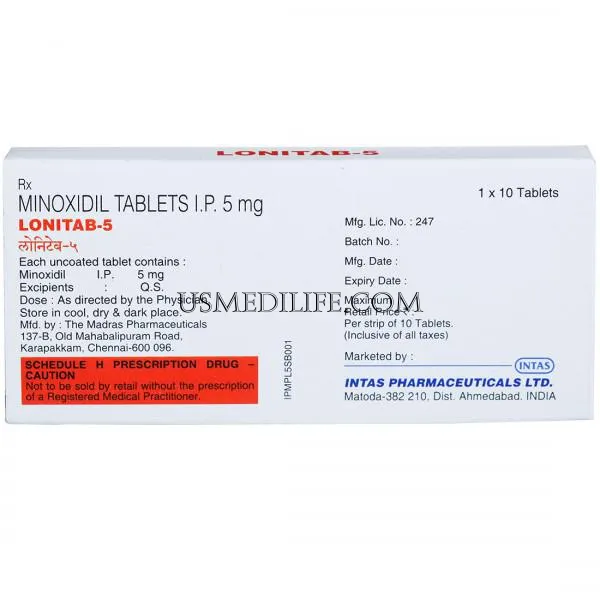Product Grid
Hair Loss
What is Hair-Loss?
Hair loss (alopecia) can leave your scalp or your whole body and it can be temporary or permanent. It may be due to inheritance, hormone changes, medical conditions or it may be just the normal process of aging. However, hair loss on the head is not gender-specific, but more men are affected by it.
Baldness is usually associated with the condition of a person losing his or her hair from the head. A progressive family hair loss with age is the most major factor that causes baldness. While others opt to let their hair loss be natural and unhidden, some would even just let it run its course. Some may do it using styling, cosmetics, hats or scarves. Besides, there are many who go for one of the treatments, which allows them to stop the process of hair loss or restore it.
Make sure to ask your physician about the root cause of your hair loss and about the treatment options before you start to treat your hair loss.
What are the symptoms of hair loss?
Follicles of the hair on different people react to different factors in different ways.Common symptoms include:
- Thinning hair at the top of the head (a typical sign of male pattern baldness).
- Thinning hair all over the head specifically (classic example of female pattern hair loss).
- Small-scale hair fall on the scalp.
- Loss of hair on the scalp and elsewhere.
Hair Loss Causes
Doctors are clueless about why a particular hair follicle is planned for a shorter growth duration than the others. However, several factors may influence hair loss
For example, hormones like imbalanced levels of androgens (that male hormones are produced both by men and women) can alter the onset of puberty or the development of secondary sexual characteristics.
The genes, from both males and females, are what determine whether an individual is born with a male or female pattern baldness predisposition.
Stressing, becoming sick and childbirth can cause temporary hair loss. Fungal infection ringworm is among diseases which cause hair fall. Know the ways you can have a positive impact on stress-induced hair loss.
Drugs as exemplified by chemotherapy drugs used in cancer treatment, blood thinners, beta-adrenergic blockers used to control blood pressure and birth control pills, can lead to temporary loss of hair.
Burns, injuries, and X-radiation are temporary hair loss triggering factors. Similarly, hair growth apparently returns to normal state after the injury heals unless a scar is made. Next up, hair won't re-grow.
Autoimmune diseases like alopecia areata could be a result of a certain autoimmune disease. In alopecia areata, the immune system for some reason goes to the top of its speed and begins to affect the hair follicles. In the majority of cases, the hair regrowth is observed, even though it can sometimes be thinner and even lighter before the normal color and size come back.
Such cosmetic treatments as washing hair too often, applying perms and bleaching or colouring hair can cause hair weakening and brittleness, which result in overall hair loss.
Tight braiding, rollers or high heat curlers and raking picks through tight curls, all of these could weaken and damage the hair. Yet, the surgery does not lead to androgenetic alopecia. In most cases the hair grow back after the concerned factor is removed. Nevertheless, damage that extends to the hair bulbs or scalp most often results in lifetime bald patches.
Medical conditions. Thyroid disease, lupus, diabetes, iron deficiency anemia, eating disorders and anemia are among the major reasons for hair loss. In the majority of situations, when the primary condition is treated, the hair will grow back normally, unless the scarring is present as in lupus, lichen planus, and follicular disorders.
Diet. An insufficient amount of protein or a very calorie-restricted diet can also give rise to temporary hair loss. Get knowledge of foods that can help prevent hair from falling.
Vitamin deficiencies. The nutrition factors which are involved in the deficiencies of vitamins A, B, C, D, and E, as well as iron and zinc have been connected with hair loss.

SUGGESTION FORM
PRODUCT REQUEST FORM






